Pneumonia: I have been talking to a few farmers over the last few days who have had cases of pneumonia on farm.
The weather up to now has been playing into the hands of a pneumonia outbreak.
Massive swings in temperatures both from mild days to cool nights puts increased pressure on weanlings, especially as their immune system is already being tested through the weaning ordeal.
Keep a close eye on stock on a daily bases as pneumonia can rapidly go through a batch of stock once present. Isolate anything that needs attention.
Vaccination is a tool in the prevention of pneumonia outbreaks but doesn’t cover all bases. A vaccine is not like an antibiotic, it takes time to start working.
Think of the COVID-19 vaccination – most do not provide maximum immunity for a fortnight to three weeks after the second dose. Pneumonia vaccines are the same. Where stock are to be housed in the coming days it may be too late to protect cattle over the main stress period.
However, it could be still worthwhile vaccinating if problems have occurred during the winter period in the past.
Where stock have to be housed in the coming days, try to get cattle into the house dry where possible. I would delay weaning for a week or so until stock are settled indoors and temperatures have steadied to more typical levels.
Worm burdens: Speaking to farmers with dairy-beef stock on farm, there seems to be heavy worm burdens still causing issues in this year’s calves on farm. This is likely due to the mild and damp conditions that we have been experiencing over the last few weeks.
Where stock still have two to three weeks left at grass, it may be worth dosing with a product that will offer some persistent coverage (macrocyclic lactones) to cover them for the remainder of the grazing season. Where stock are to be housed imminently, it is as well to wait until housed.
Thrive dairy-beef farm walks: The Thrive programme will host two autumn farm walks in Kerry and Roscommon on 28 and 29 October.
On Thursday 28 we head to the farm of John Brosnan outside Castleisland, Co Kerry, while on Friday 29 we are in Knockcroghery, Co Roscommon on, the farm of Sean and Diarmuid Murray.
Both farms are bringing dairy-beef calves through to beef, typically in a 19- to 22-month system. The focus of the meetings will be on the remainder of the grazing season, with both farms hoping to keep calves at grass for another fortnight to three weeks.
We will discuss preparation for housing, as well as reflecting on cattle performance over the entire grazing season this year. There will also be a focus on winter growth targets for dairy-beef stock and the nutrition required to meet these targets.
Both meetings kick off at 3pm and all attendees need to register prior to the day.
To do so, go to www.ifj.ie/thrive.



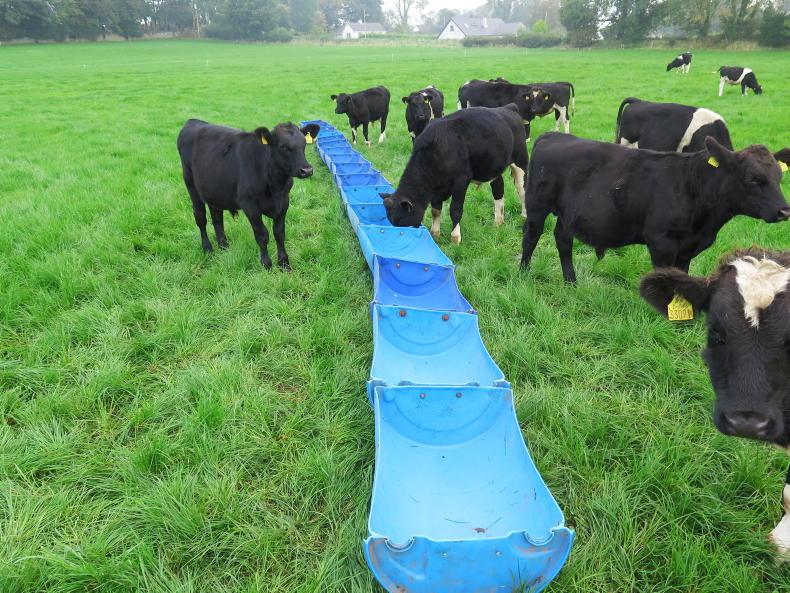

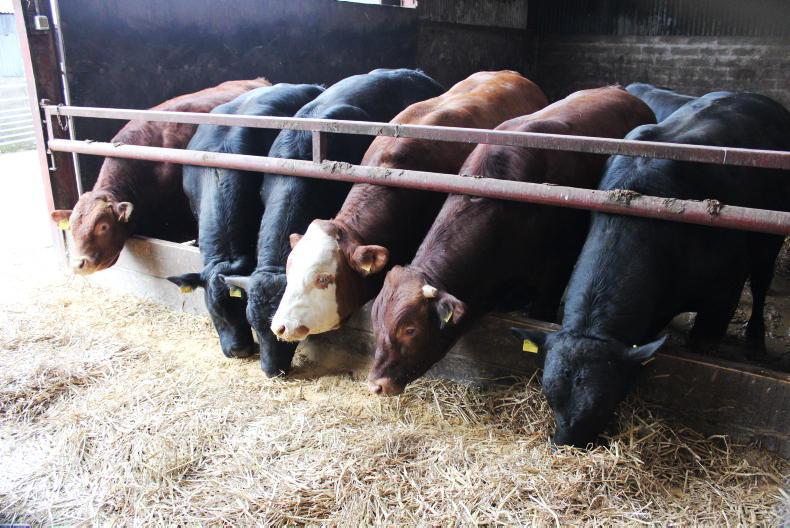

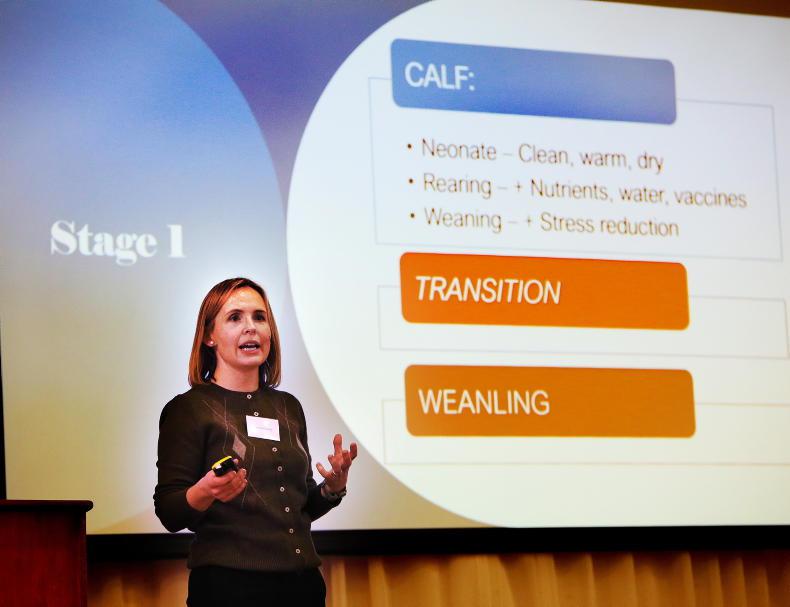
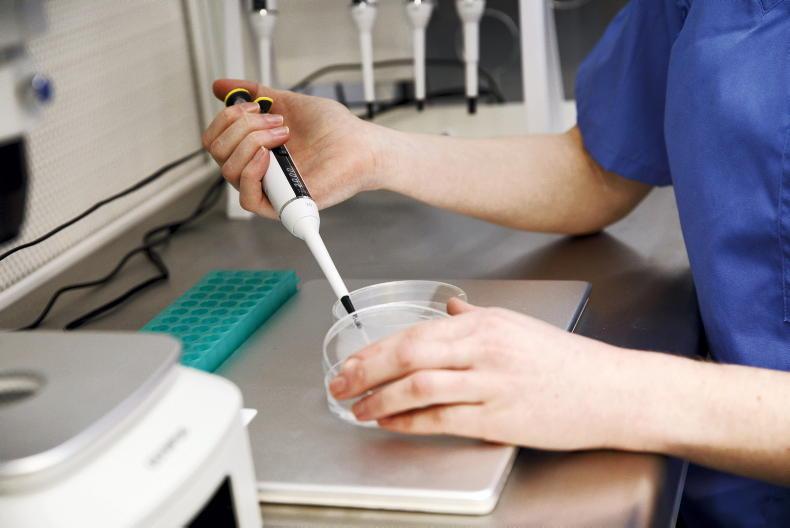
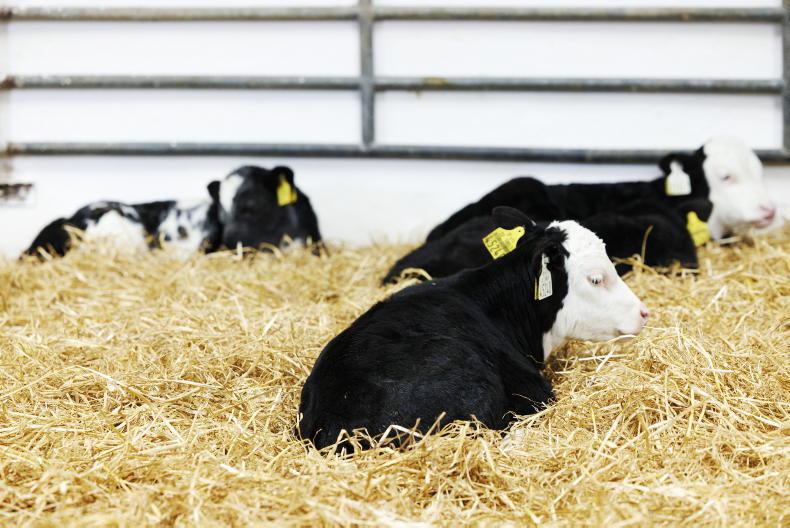
SHARING OPTIONS